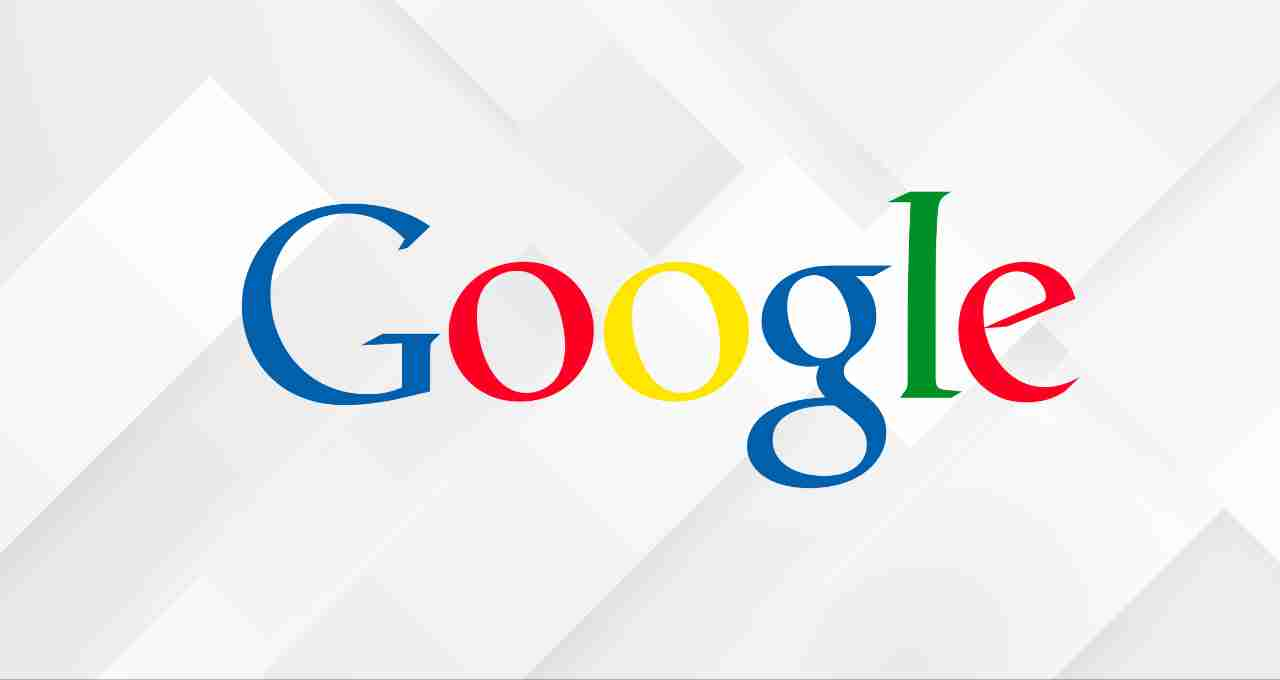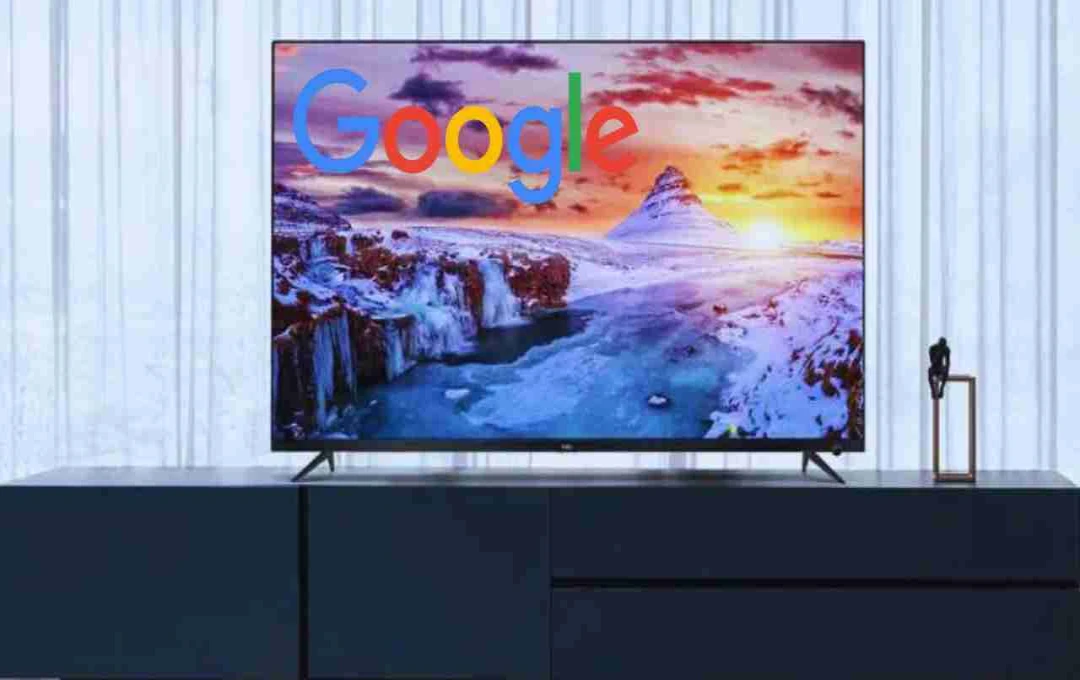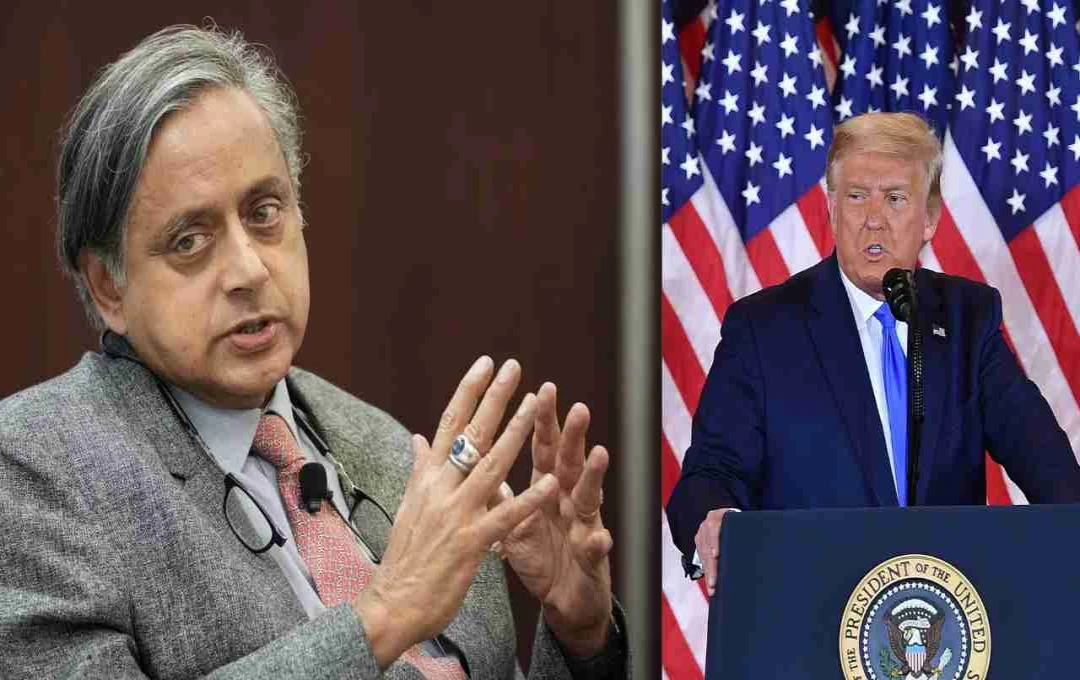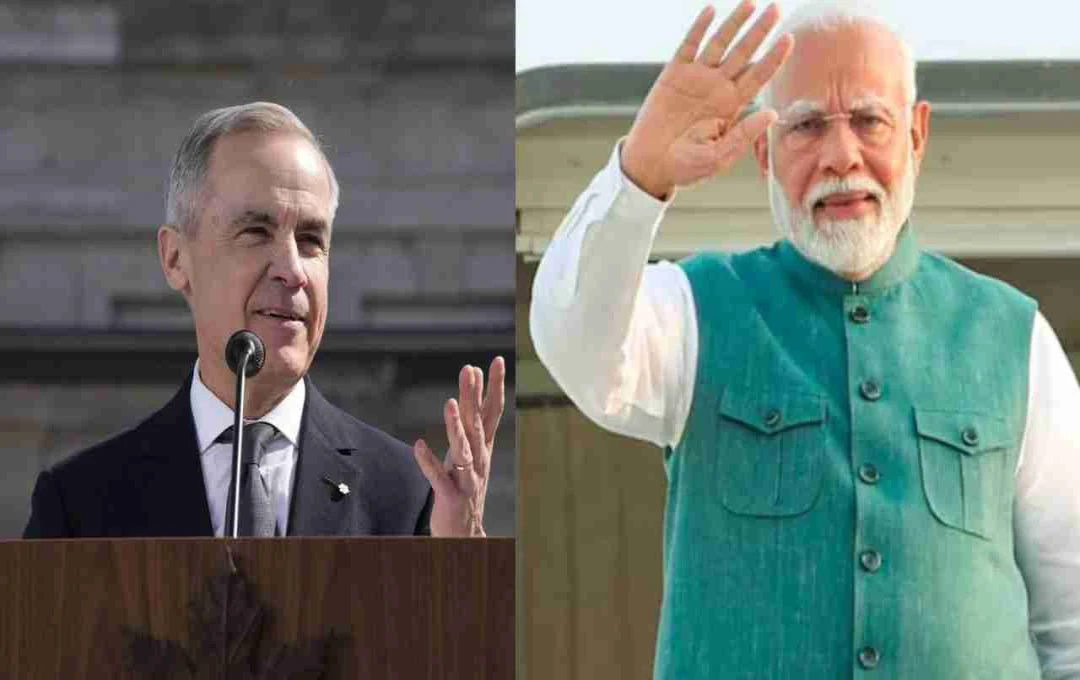Google has filed a settlement application under the 'New India Agreement' in India, offering separate licenses for Google Play Store and services on smart TVs, allowing manufacturers to choose their preferred apps.
Google, a name virtually synonymous with the digital age, is in the headlines due to a significant recent development. Facing antitrust cases alleging monopolistic practices, Google is undergoing a major shift in India, directly impacting smart TV users.
Google's 'Monopoly' in India Ends
India's Competition Commission of India (CCI) ruled against Google, finding that it had abused its dominant position. This means that bundling Google's operating system (OS), Google Play Store, and other pre-installed apps on Android-based smart TVs is no longer mandatory.
This directly impacts smart TV manufacturers, who are no longer obligated to use Google's OS. They can now choose any operating system they prefer, leading to increased consumer choice and competition.
Google's Licensing System Under the New Agreement

Google has reached a settlement with the CCI in India, referred to as the "New India Agreement." Under this agreement, Google will now offer separate licenses to smart TV manufacturers, allowing them to selectively use Google apps and the Play Store.
Previously, smart TV manufacturers were compelled to include Google apps and services, such as the Google Play Store and other pre-installed apps. However, this agreement removes that compulsion, enabling manufacturers to choose the apps and services they deem suitable. This grants manufacturers greater freedom and offers consumers more diversity and better choices.
Google Fined: ₹20.2 Crore
The CCI imposed a ₹20.2 crore fine on Google. This fine is part of a settlement, with Google receiving a 15% discount. The case stemmed from a complaint filed by two Indian lawyers, Kshitij Arya and Purushottam Anand, against companies like Google, Xiaomi India, and TCL India.
These lawyers alleged that Google was abusing its dominant market position. This decision demonstrates the CCI's b stance against Google and should promote greater competition in the smart TV market.
Growing Global Pressure on Google
Beyond the Indian ruling, Google faces increasing pressure in the United States. A US court found Google maintained a monopoly in the digital advertising sector, stating that Google deliberately and systematically maintained its dominance over key platforms like publisher ad servers and ad exchanges. This directly impacts the earnings of news organizations and digital content creators.

This situation highlights the tightening global scrutiny of Google's practices. Google may face severe consequences for abusing its power.
Will this change affect smart TV users?
This change could significantly benefit smart TV users. Previously, manufacturers were obliged to use Google's OS; now, they have a choice. This means users may find TVs running alternative operating systems better suited to their needs and budget.
Will this increase smart TV options?
Yes, absolutely. The restrictions tied to Google's OS are now lifted. This grants smart TV manufacturers greater freedom to incorporate alternative operating systems like Roku, Fire TV, or Tizen. Consequently, smart TV users will have more options, allowing them to choose the best TV for their needs.
With Google's dominance curtailed, smart TV users will have more choices. Are you pleased with this change? Would you prefer TVs with alternative operating systems to Google's? Before purchasing a smart TV, ensure the operating system meets your needs and preferences.












